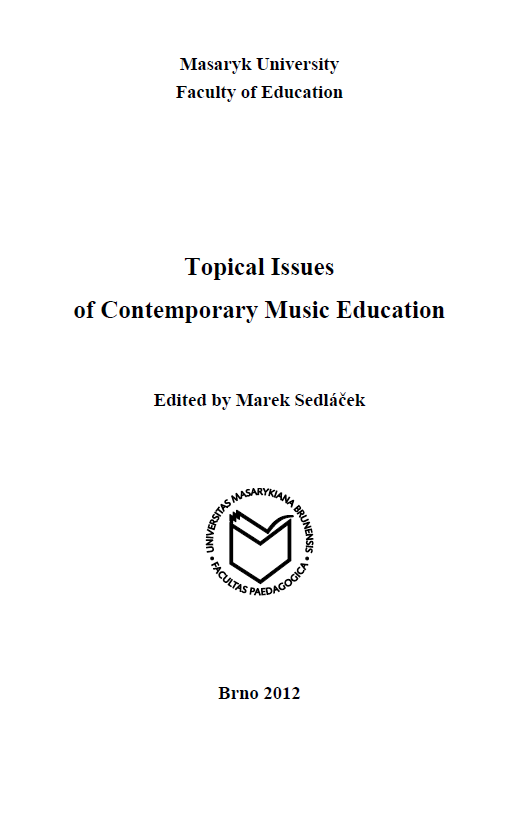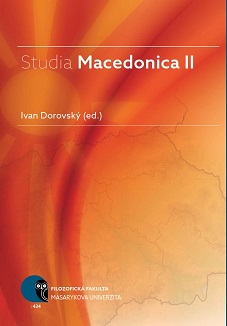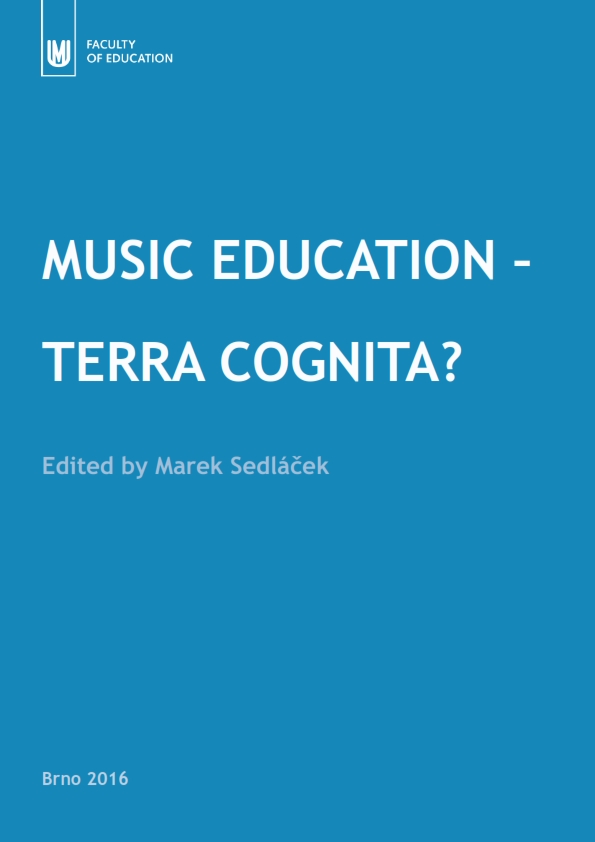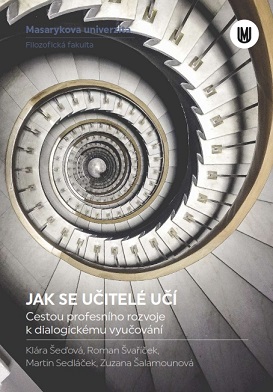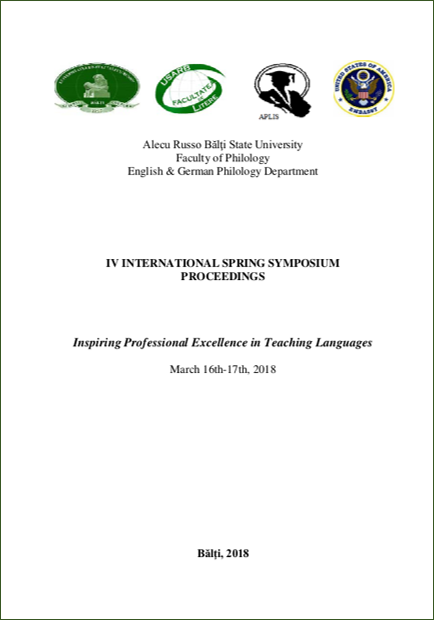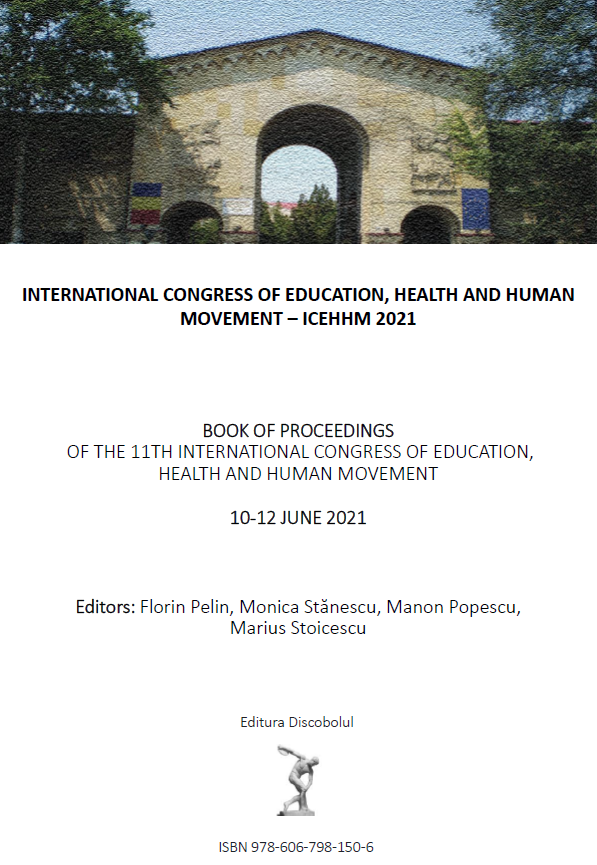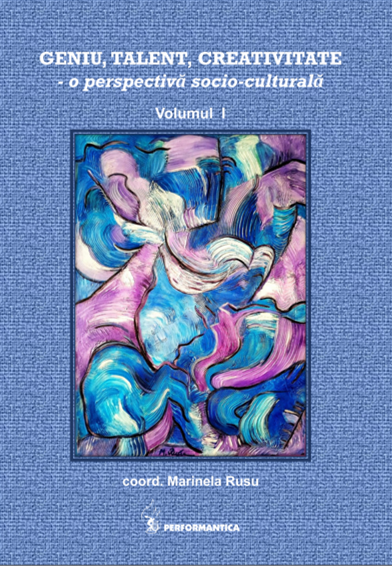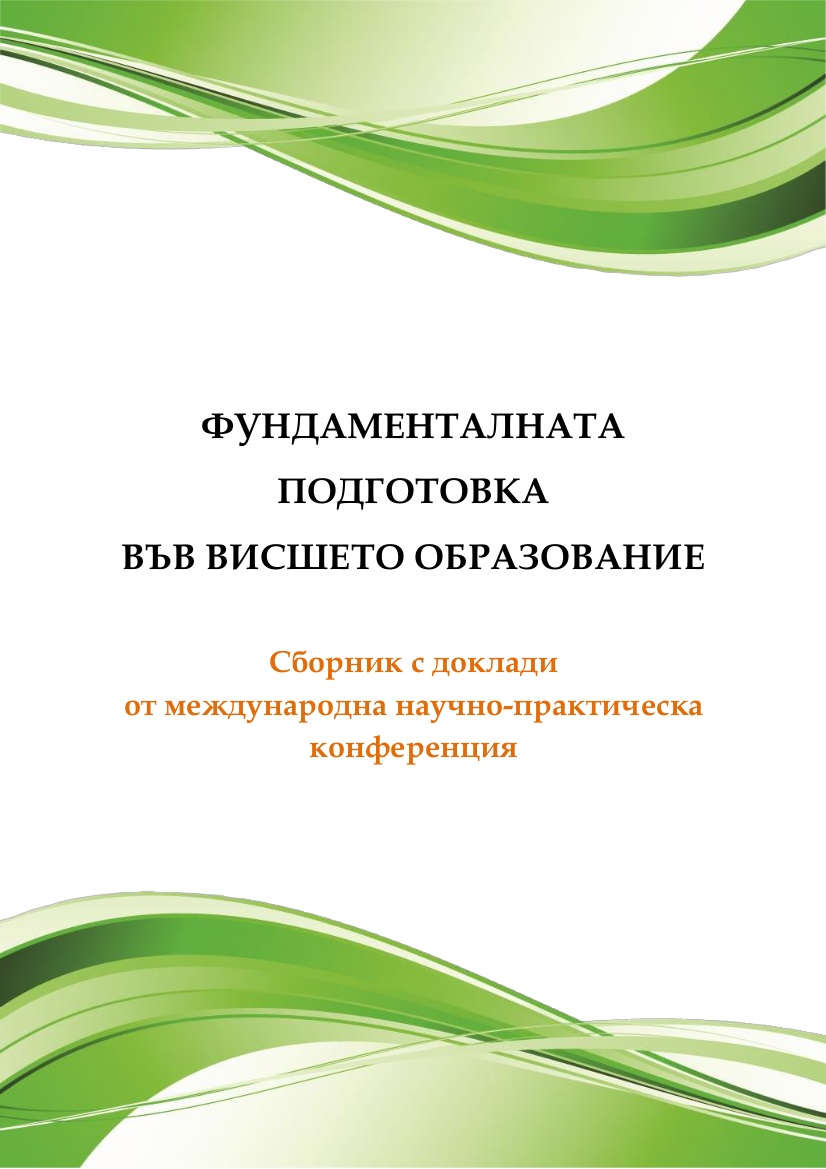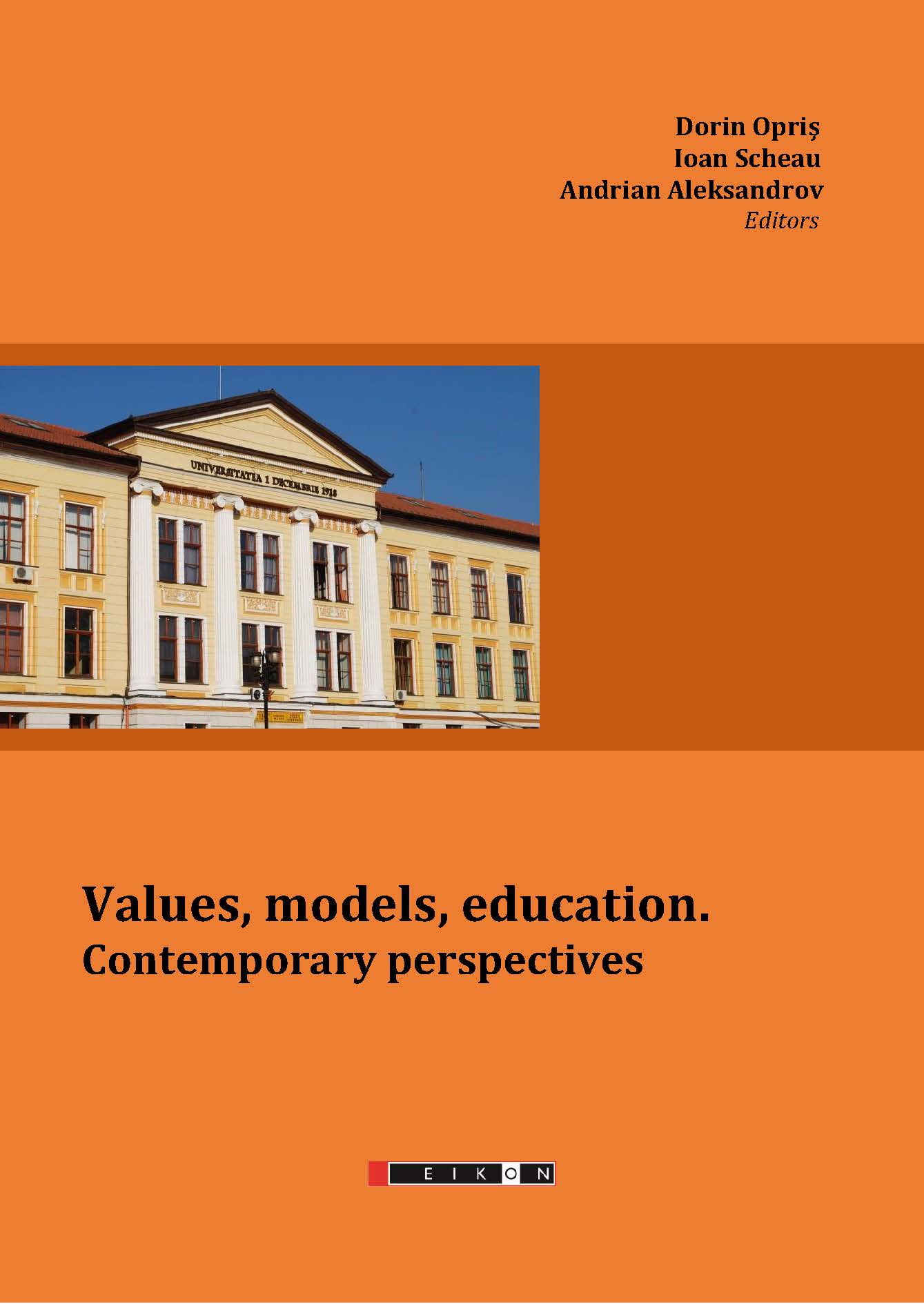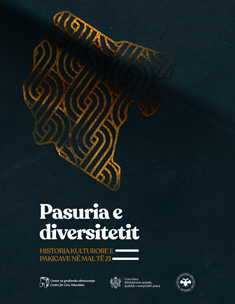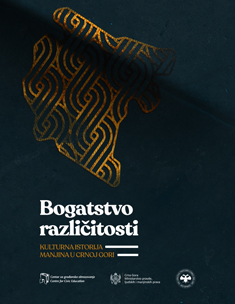Author(s): Ihor Romanyshyn / Language(s): English
Publication Year: 0
The article highlights the essentials of the PRESETT reform project in Ukraine, key findings of the Baseline Study with a focus on assessment, the formative and summative assessments in the new PRESETT curriculum and the ways assessment is and can be used for improving student teachers’ learning. The author mostly draws on the material worked out by the project team. Based on the findings and recommendations of the Baseline Study the project team has developed new ways of assessing progress and achievement within the Methodology Curriculum of the PRESETT Bachelor’s programme. The assessment follows the principles of transparency, variety and balance, link to outcomes, manageability for methodology teachers and progression over the programme. In the new curriculum, continuous assessment is both formative and summative assessment, and the final assessment is summative. A special focus is given on the latest results of the piloting of the new curriculum carried out at Vasyl Stefanyk Precarpathian National University. The piloting of Modules 1, 2 and 3 of the curriculum has demonstrated that student teachers are efficient users of such types of continuous assessment as presentation and quiz, while they still need to improve reflective writing and personal account. The research offers classroom strategies that are effective in promoting formative assessment practice – the use of questioning, student thoughtful reflection, effective teacher feedback, peer feedback, student self-assessment, redrafting of the work, and the formative use of summative assessment. It also supports the idea that the following techniques/tools associated with formative assessment – checklist, classroom journal, conferencing, discussion, examples of good work, learning diary/log, open-ended questions, rubrics and sharing assessment criteria – can help students to learn more effectively.
More...
